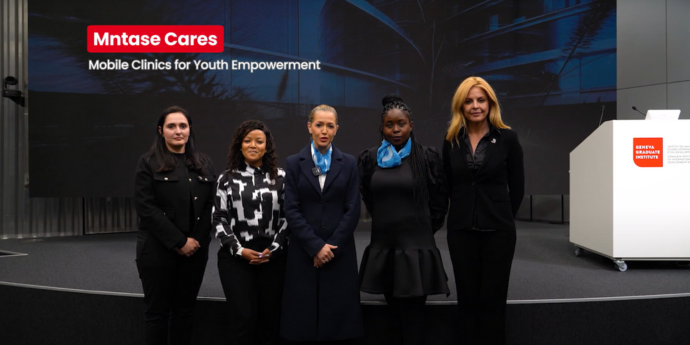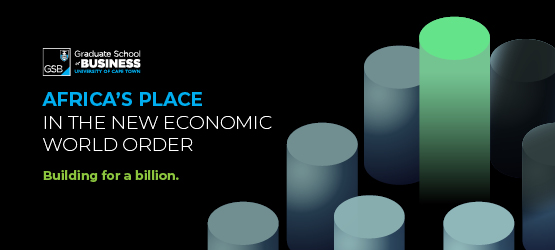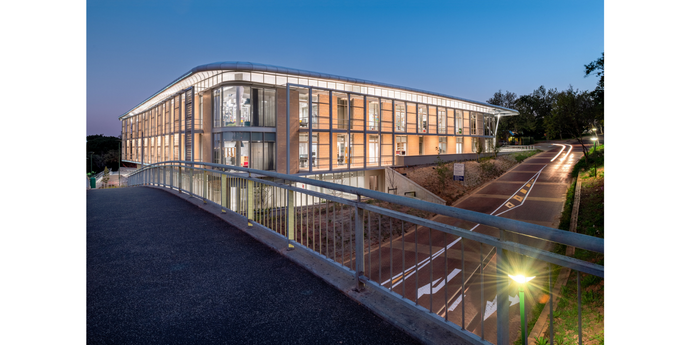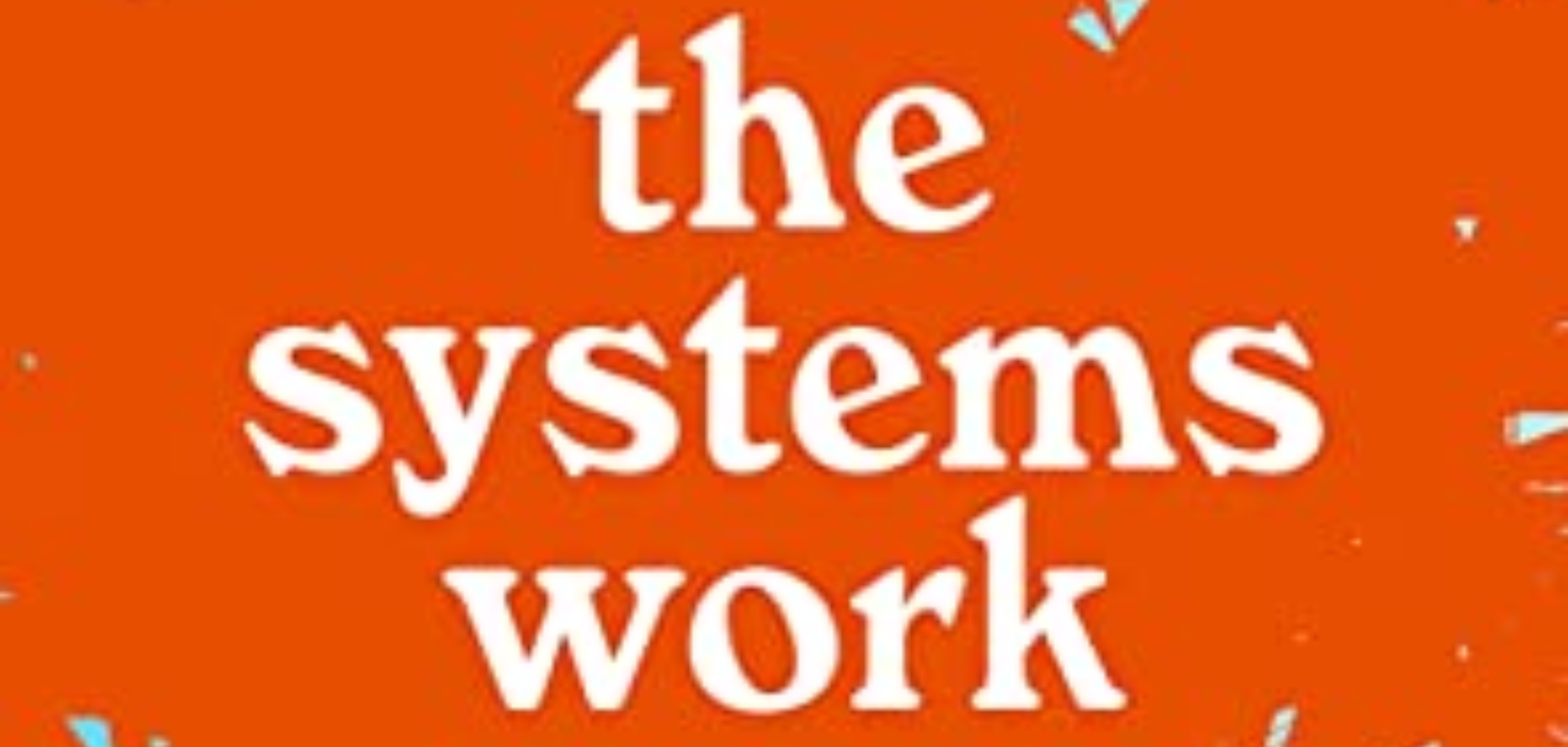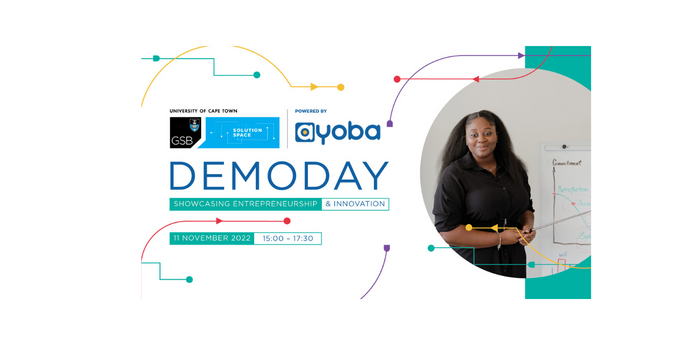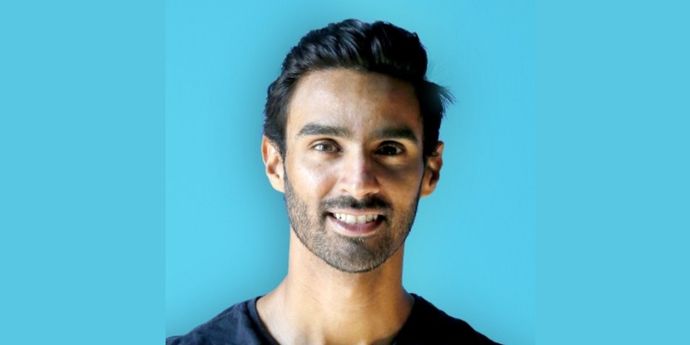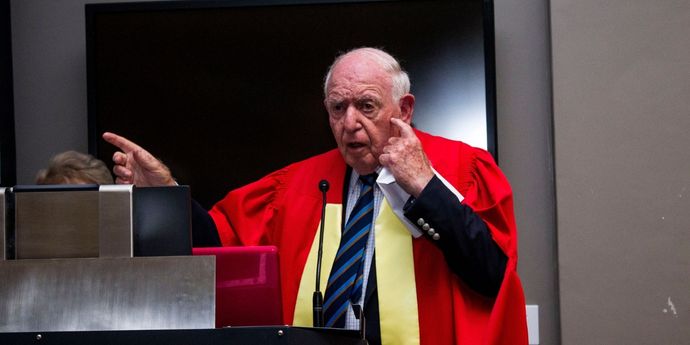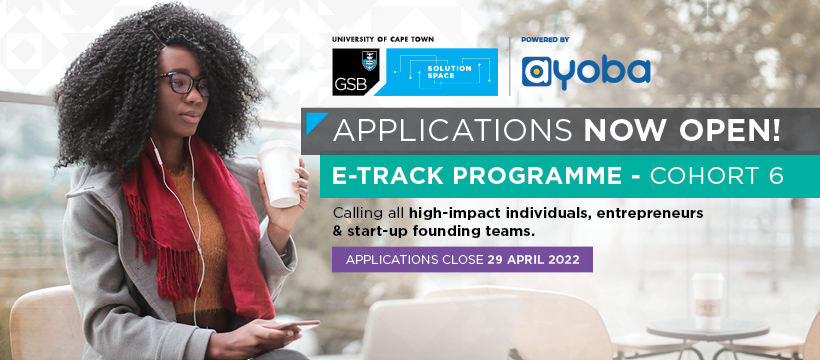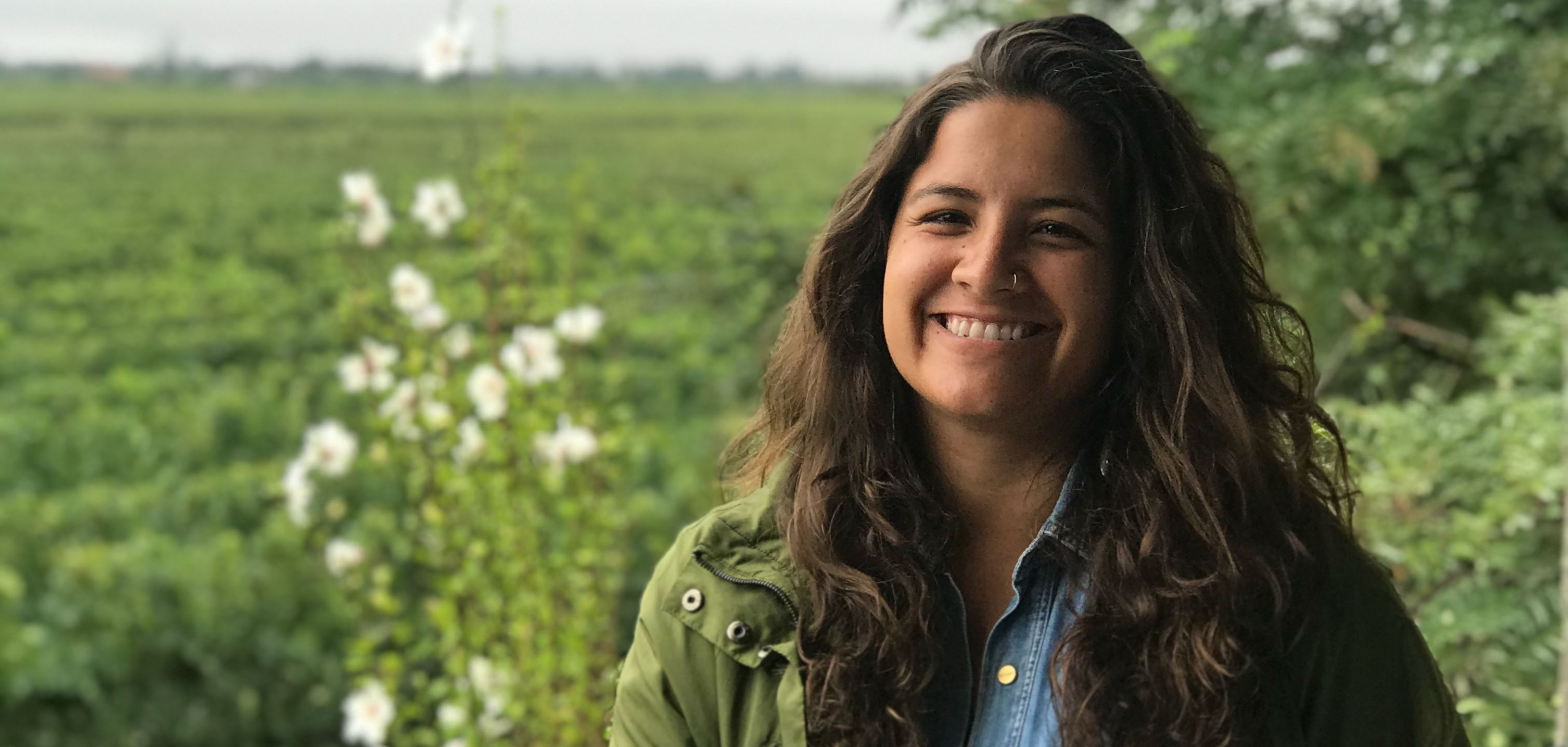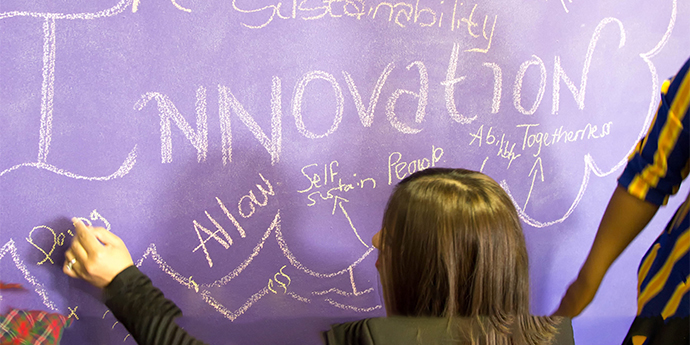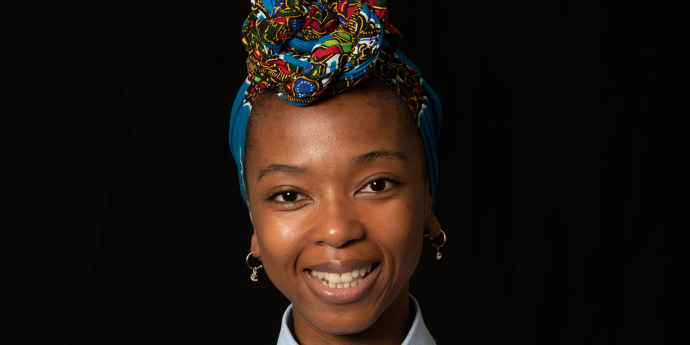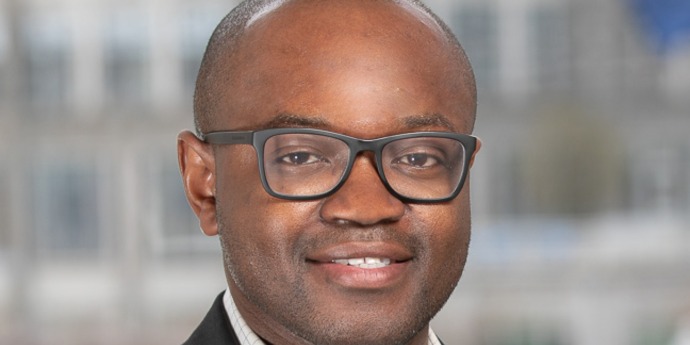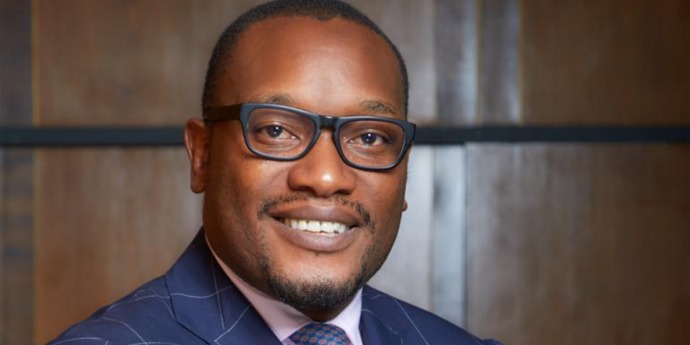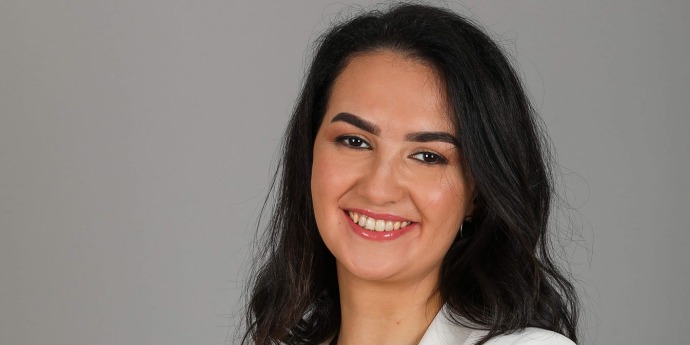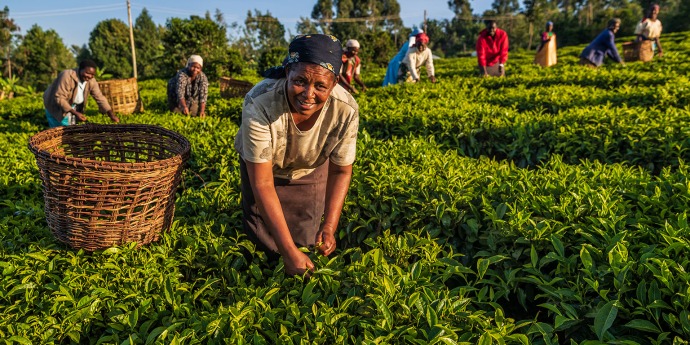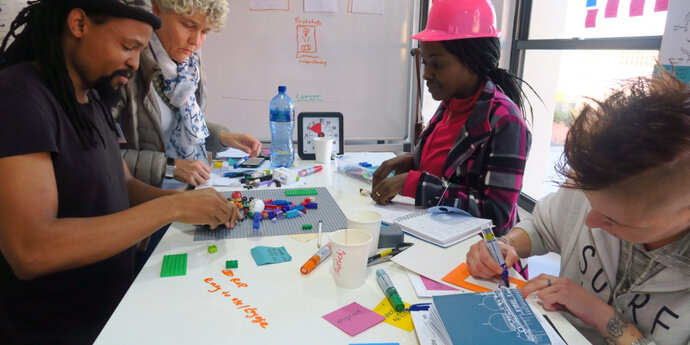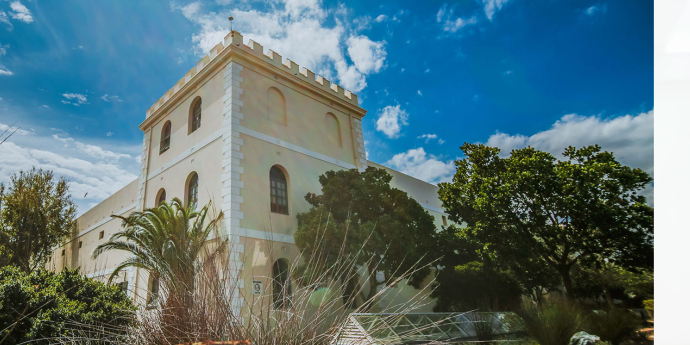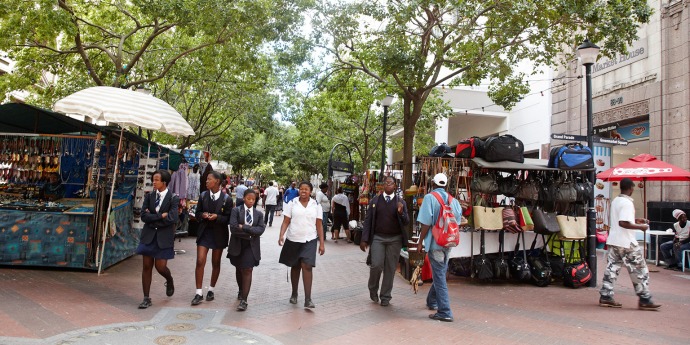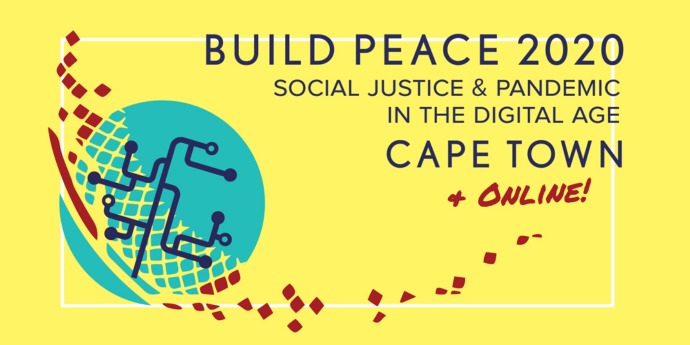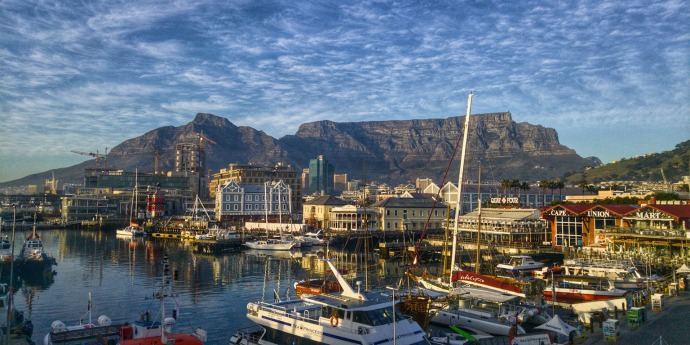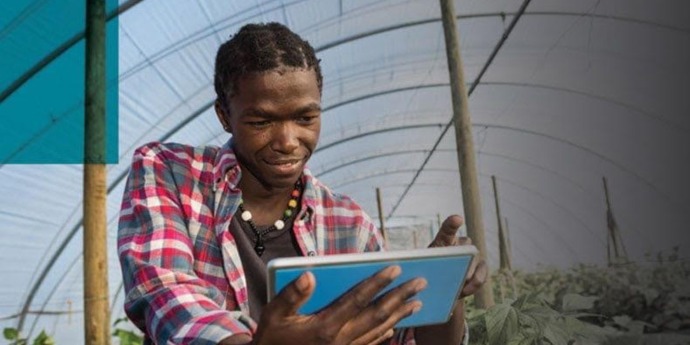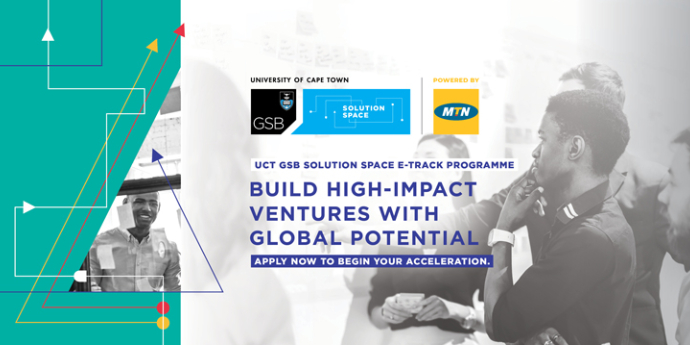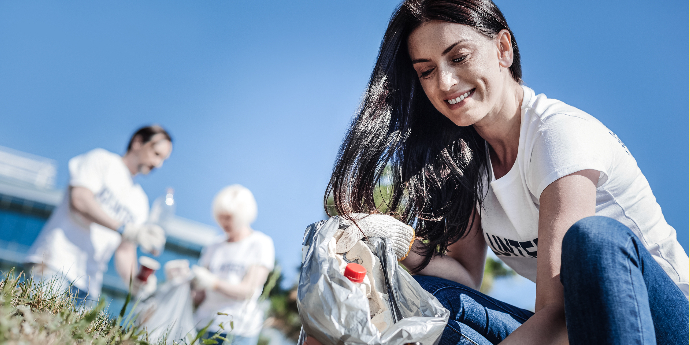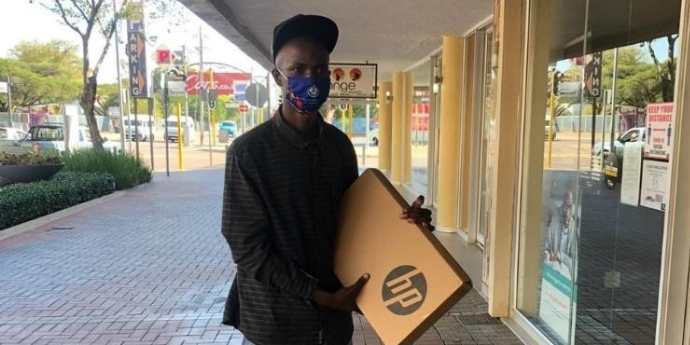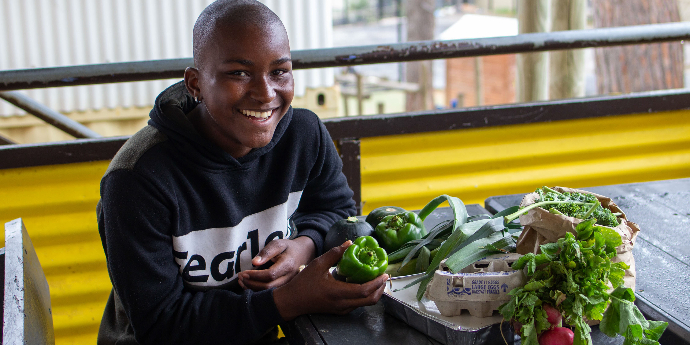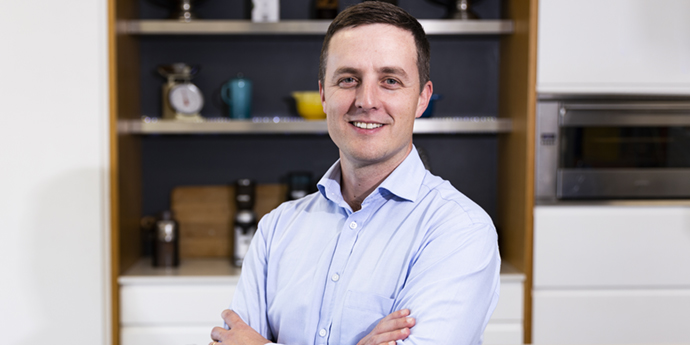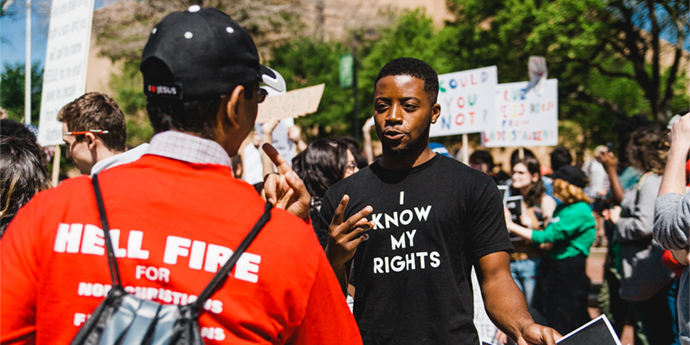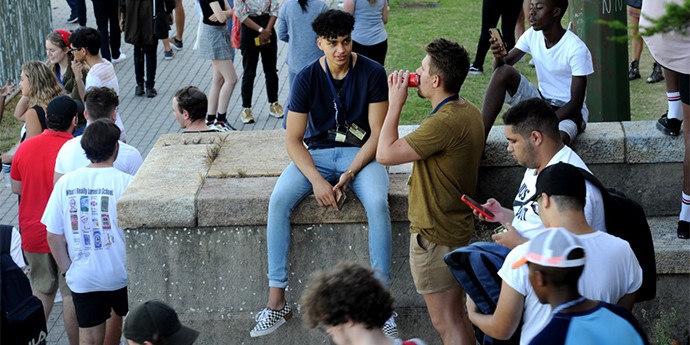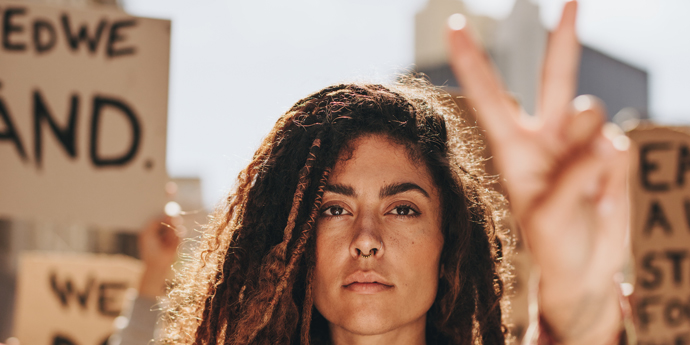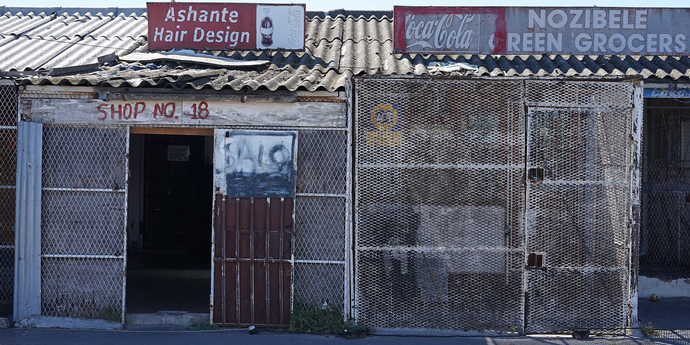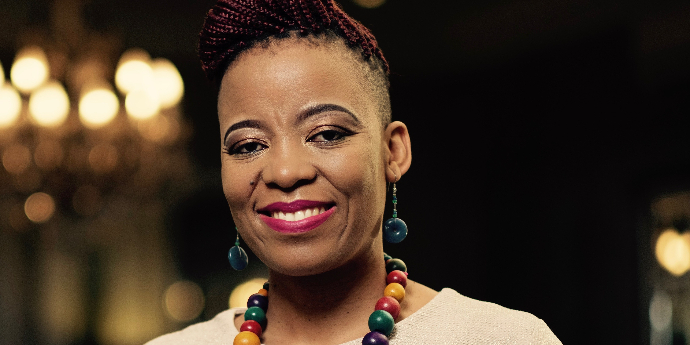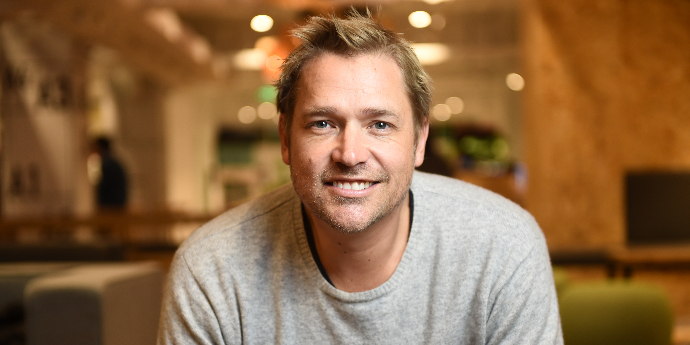The science is unequivocal — human civilisation is entering a new and dangerous era. We’re facing a 6th mass extinction and are overshooting the carrying capacity of earth by a staggering 1.7 times. The richest 26 people hold the same wealth as the poorest 3,5 billion. This cannot continue — and yet it does.
Q: At 82 years old, you have been working on these issues for decades — in your opinion why is it so difficult for us to change direction even though we are apparently heading for a cliff?
I think it is so deeply frightening to talk of the possible extinction of the human species that we rarely speak of it in these terms. But we’ve known about this for a long time. I think one of the reasons for the continued inaction is that our current “story” is so powerful.
Our current reality stems from the destructive impact of deeply flawed cultural, institutional, technological, and infrastructure choices that flow from an economic ideology known as neoliberalism. This is taught as settled science in most of the world’s universities and poses a major barrier to navigating the global course change so urgently needed at this time.
Economics lost its way as an intellectual discipline in the mid-19th century when a group of influential economists sought to raise the field to a stature comparable to physics. To that end, they borrowed a mathematical model from physics as the foundation of future economic theorising. They substituted economic variables for physical ones; chose money as the defining metric; and declared economics a science.
But it is not a science, it is an ideology. And we can change it if we want to. One of the things that is extraordinary about us as human beings is that we are the only species that is able to create the world through our mental models — then we live by these pictures and images. There is no physical barrier to the changes we need to navigate towards a better world, it is simply changing the stories in our mind. This can happen fast, and that is a source of tremendous hope.
Q: So what is the new narrative we need to build?
In answering this, there are more questions than answers. If we are going to have a human future, we have to get to a world that none of us has experienced and so no-one really knows how to get there — it’s going to take all of us working together to figure it out. And we need to think big. It is not simply about survival — we need to find our way to what some are referring to as a new civilisation — an ecological civilisation — which I personally find to be an appropriate terminology. This requires that we learn to live with one another and earth in a way that supports the living systems of earth on which we are all dependent.
Such a world has been envisaged by the great thinkers throughout history: a world of peace and love and mutual care; a world of beauty and creativity; a world of arts — not of endless consumption; a world of deep well-being and spiritual enrichment.
Q: What needs to change do you think to get us there?
Finding a way to an alternative future requires that we first acknowledge our true nature — we are living beings born of and nurtured by a living earth — that’s pretty straightforward isn’t it? But, of course, the specifics are extremely complex.
Part of the task ahead is going to be to create a very different economics, which is not about creating more wealth but about recognising that money is nothing more than numbers on a hard drive. We need to begin to realise the insanity of managing an economy to grow numbers on a hard drive — while destroying the earth’s capacity to sustain life — in service of a few billionaires. That’s basically what neoliberal economics is about if you break it down.
I have put forward 8 principles for a reformed economic theory to guide us on the path to a new economy. These include a re-evaluation of how we educate our children, the use of resources and labour and the need for transparent money supply. And it starts with changing how we measure and what we measure. Right now, growing GDP is our fundamental global purpose, one to which we are dedicated — but it is a terribly flawed measure as many have pointed out.
It’s very hard to get away from the notion that everything we need to do is for economic growth — but the myth of perpetual growth is nothing but a scam and should not be part of our frame anymore. If our priority is to meet the essential needs for food, water, shelter, and other basics for all the world’s people, then we must measure for those results so that we can get the outcomes we really want.
The current economic system was designed by people, it is not a natural system — and it can, and must, be adjusted.
Q: Some people criticise you for wanting to take us backwards to an idealised past where humans allegedly lived in greater harmony with nature — but those times had problems too. How do we build a better future that avoids repeating the mistakes of the past?
It is not about going backwards at all it’s about learning from the past — and from life and nature. We are not just organising a resistance against what is not working, to do so would risk repeating past mistakes. We have to look for and identify the causes of the symptoms of the things that are not working — environmental degradation and inequality are the symptoms. And there is wisdom of life and nature that can teach us here.
Indigenous perspectives are vitally important in this quest, not least because over thousands of years indigenous communities learned to organise in ways that required a deep understanding of nature that much of modern science has actually denied until fairly recently. Indigenous communities have been ignored, or even vilified, for so long, that it is particularly important to bring their voices back in at this critical phase in humanity’s history.
And, of course, technology will form a crucial part of our future, but we need to create and apply technology only to enhance the well-being of people and planet and prohibit technologies that exploit, control, or displace people or nature. All real wealth is living wealth and it depends on living systems on a living earth.
Q: But it still sounds like you want us to give up a lot?
Yes, we will have to give up a lot of excessive consumption, that is certain. But how hard would it be to give up war for instance? How about all the products that are irreparable — the useless consumerism? How about all the money that goes into advertising and speculation? You look at things like generating bit coin — it takes so much energy to grow a number on a computer and we think we are getting richer — that’s insanity. Far from being frightened by what we have to give up, I think we should focus on what we stand to gain.
I’m not calling for a sacrifice, it is a call to actualise the potential of our human nature as manifest in the vast majority of the world’s people who daily demonstrate their capacity for deep caring for one another and nature.
Q: Is there room for business in your new economy — and what might that look like?
There is room for business but not business as usual. There was an earlier time when the assumption was that business was meant to serve society. In the US charters were given in a corporation to fulfil a particular public purpose — this is very different to what we have now where the purpose is to make as much money as possible for the shareholders. As we know, this has led to a destruction of earth’s capacity to support life — which is rather inconvenient for humans since we’re living beings — while expanding the fortunes of a few billionaires and pushing more people into desperate poverty. You don’t have to be a communist to consider this is a little more inequality than is good for us.
Business in the new economy I think will need to remember the fundamental principle of serving society. I grew up in a small town where my dad was a businessman, and he loved making money — but he was continuously telling me: “If you’re not in business to serve your customers you have no business being in business”. Everything he sold he provided service for. I look back on that now and think wow, how archaic in a throw away world, but it was very environmentally responsible, and it turned out to be really good for business because people knew they could trust the products they bought from him.
Going forward, we need to think more in terms of livelihoods than employment and we need to demonetise relationships and restore our relationship with each other and nature. We need to go beyond asking corporations to be responsible and break up concentrations of corporate power and render the pieces accountable to the communities in which they do business by converting them to worker and community ownership. I think that both government and business — indeed all institutions — must be accountable to the people of the communities they exist to serve.
Q: Where does the gig economy fit into this — much has been made that it is going to democratise and open up the economy to more people in more ways. Is the gig economy part of the new economy you are talking about?
A lot of us talking about deep change will use the term new economy but it doesn’t look anything like the gig economy. The gig economy means you will have no security whatsoever and you are subject to being bid down to the lowest level with no benefits or security, no nothing. The gig economy will, I believe still be obsessed by the blind pursuit of those numbers on the computer — not living — which won’t take us to where we need to go.
Q: So what can each of us do to get us to a more human future more quickly?
To drive deep change, we will need to have many more conversations at an essential depth. We need more and more people simply speaking the truth that they know and that other people know, which is that we are a species on a path to self-extinction. And those of us who can, as the UCT Graduate School of Business has done, need to create the spaces where these conversations can be had without fear of rejection or censure.
Economist Kenneth Boulding once observed, “Anyone who believes that exponential growth can go on forever in a finite world is either a madman or an economist.” Perpetual growth and consumption is neither possible nor desirable, but material sufficiency and spiritual abundance for all is not only desirable it is in fact entirely possible. For lack of an established alternative, we cling to a deeply flawed economics and continue to teach it to tomorrow’s leaders. We have to set a new and more ambitious goal for humanity.
Listen to Dr David Korten in conversation with the UCT GSB’s Dr Tim London in the Coming Up podcast here: https://soundcloud.com/uctgsb/...

